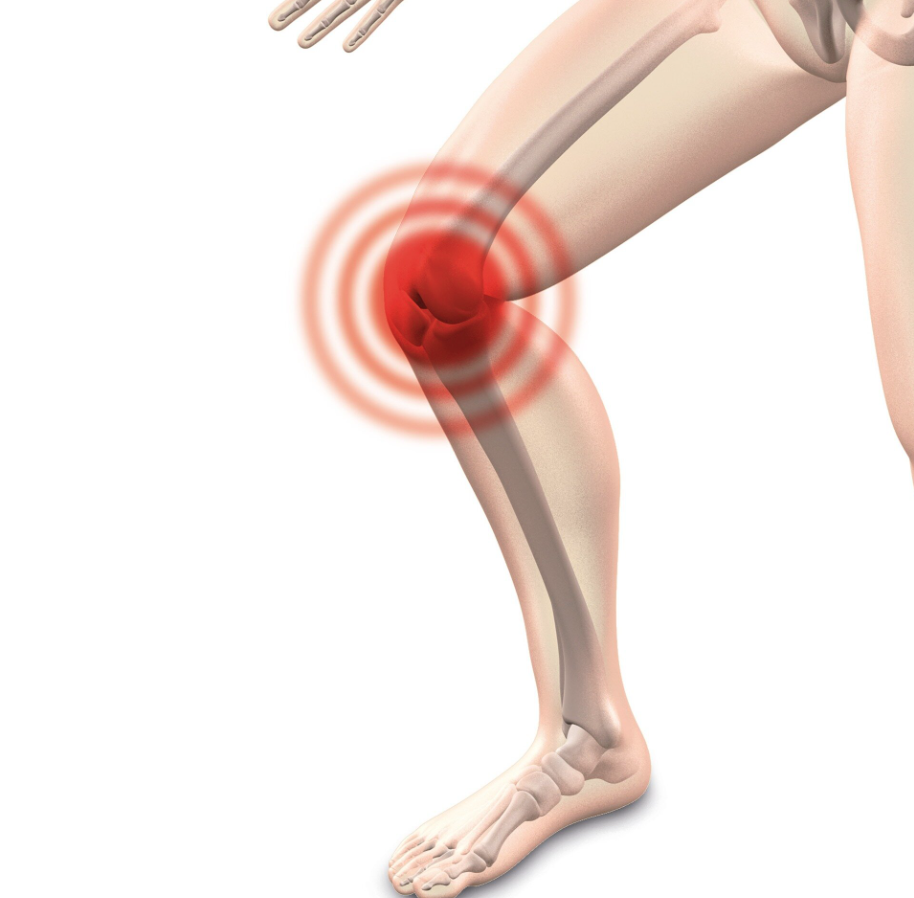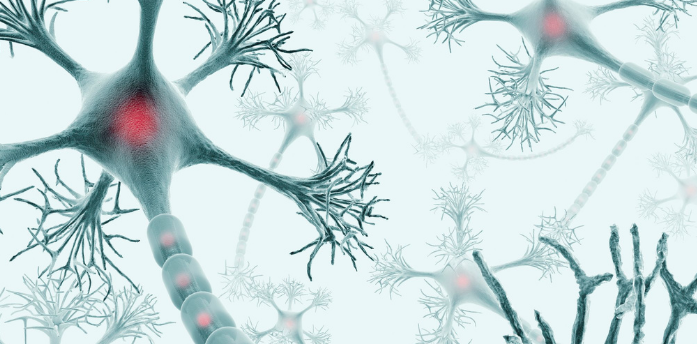A groundbreaking study utilizes Artificial intelligence to identify Patient Pain Archetypes in knee replacement patients, paving the way for personalized postoperative care.
Introduction
Total knee replacement (TKR) is a common surgical procedure aimed at alleviating chronic knee pain and improving mobility. Despite its prevalence, patient experiences with postoperative pain vary significantly. Recognizing the need for personalized pain management, researchers at the Hospital for Special Surgery (HSS) have employed Artificial intelligence (AI) to classify patient pain archetypes following TKR. This innovative approach aims to enhance patient outcomes by tailoring pain management strategies to individual needs.PMC+2HSS News+2arXiv+2Home
The Study: Leveraging AI for Pain Classification
In a retrospective study conducted by HSS, researchers analyzed data from 17,200 patients who underwent total knee replacements between April 1, 2021, and October 31, 2024. The primary objectives were to:News-Medical+1Home+1
- Utilize machine learning or Artificial Intelligence to identify distinct pain archetypes post-TKR.
- Determine key predictive factors for postoperative pain outcomes.
- Classify patients at risk of severe pain in the immediate postoperative period. PMC+6Home+6News-Medical+6
The study employed both unsupervised and supervised machine learning techniques. Unsupervised learning identified two distinct pain archetypes: HSS NewsHSS News+2News-Medical+2Home+2
- Patients experiencing severe, difficult-to-control pain post-surgery.
- Patients whose pain was relatively well-controlled.News-Medical+1Home+1
Subsequently, supervised learning was used to determine significant predictive factors for severe pain, including:X (formerly Twitter)+3News-Medical+3Home+3
- Younger age.
- Greater physical and mental impairment.
- Higher body mass index (BMI).
- Preoperative use of opioids or gabapentinoids.News-Medical
These findings were presented at the 50th Annual Meeting of the American Society of Regional Anesthesia and Pain Medicine (ASRA) and received a “Best of Meeting” award, highlighting the study’s significance in advancing pain management strategies. LinkedIn+1Home+1

Implications for Personalized Pain Management
The ability to classify patient pain archetypes using AI has profound implications for postoperative care:
- Tailored Pain Management Plans: By identifying patients at higher risk for severe pain, healthcare providers can develop individualized pain management strategies, potentially improving patient comfort and satisfaction.
- Resource Allocation: Hospitals can allocate resources more effectively, ensuring that high-risk patients receive the necessary support and interventions promptly.
- Enhanced Recovery Protocols: Understanding pain trajectories allows for the optimization of recovery protocols, potentially reducing hospital stays and readmission rates.News-Medical
Dr. Alexandra Sideris, director of the Pain Prevention Research Center at HSS, emphasized the study’s potential impact: Home+1News-Medical+1
“There is a need to better understand patients’ individual pain trajectories, and one of the most exciting approaches is to leverage artificial intelligence. With our extensive patient database, machine learning can analyze factors such as age, gender, BMI, and presurgical pain levels to predict which patients are at greater risk of severe pain after surgery.” Home+1News-Medical+1
Future Directions
Building on these findings, HSS plans to conduct further research to:
- Explore long-term pain trajectories and recovery outcomes.
- Develop preoperative interventions aimed at mitigating risk factors identified by the AI models.
- Integrate Artificial Intelligence (AI)-driven pain classification tools into clinical practice for real-time decision-making.
The integration of AI into postoperative care represents a significant step toward personalized medicine, offering the potential to improve patient outcomes and satisfaction in knee replacement surgeries.



